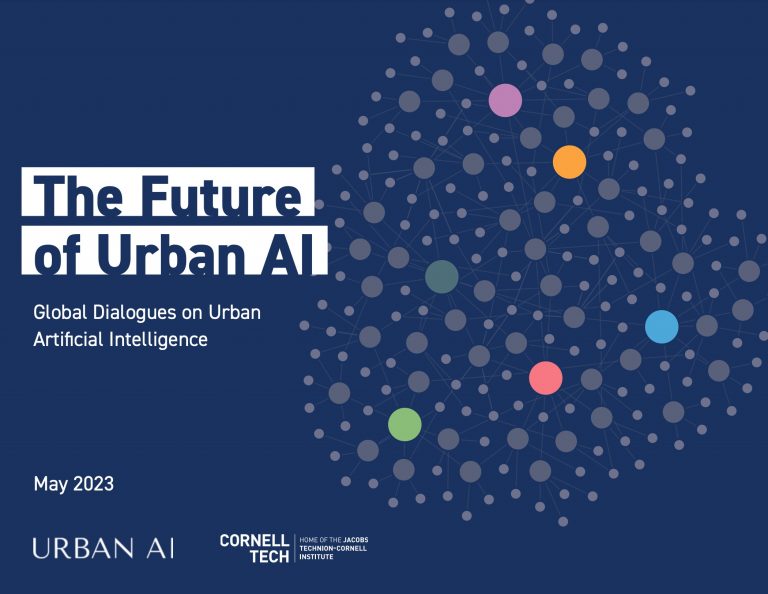
10 conversations by Urban AI, a Paris based think tank, with worldwide experts to explore the future of urban artificial intelligence
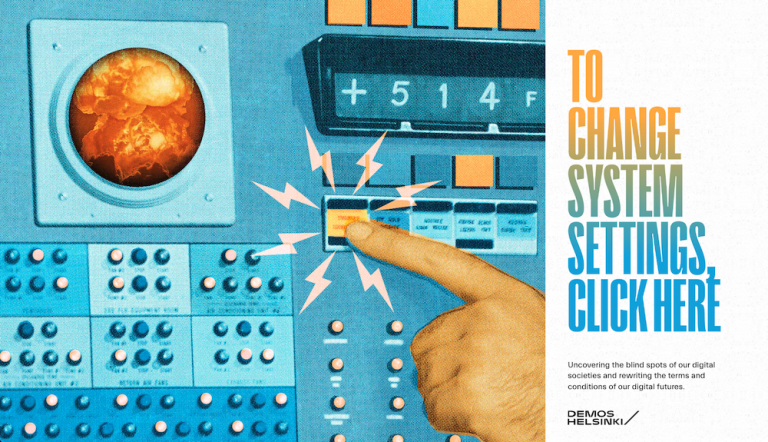
In this white paper (published on 15 February 2023) Demos Helsinki explores how we can rewrite the terms and conditions of our digital futures. Directed at policymakers, practitioners, researchers, industry leaders, and engaged citizens, the paper concludes with four sets of interventions that build a fair, sustainable, and joyful digital society.
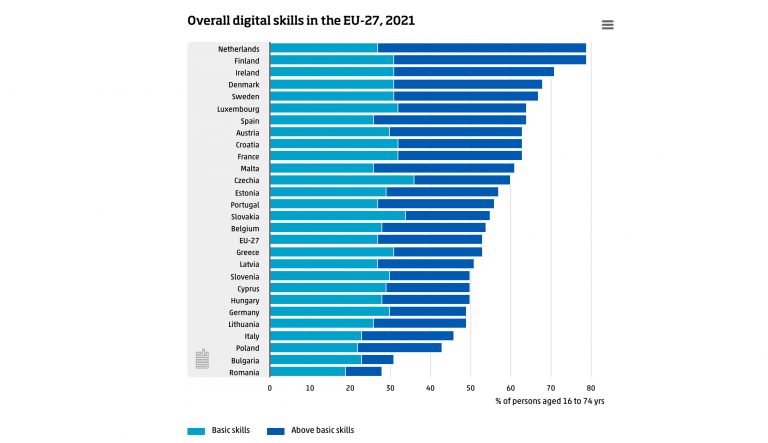
Dutch and European research highlights the struggles of Europeans (incl. the Dutch) in accessing financial services in an increasingly digital society. A new Italian initiative, the Polis Project, seeks to do something about it.
But, besides the fairly low 54 percent EU average, a new study by the Dutch National Bank (reported on yesterday by De Volkskrant, a Dutch daily newspaper) highlights how the Dutch 80% number camouflages the real difficulties many Dutch have with financial services in an increasingly digital society.
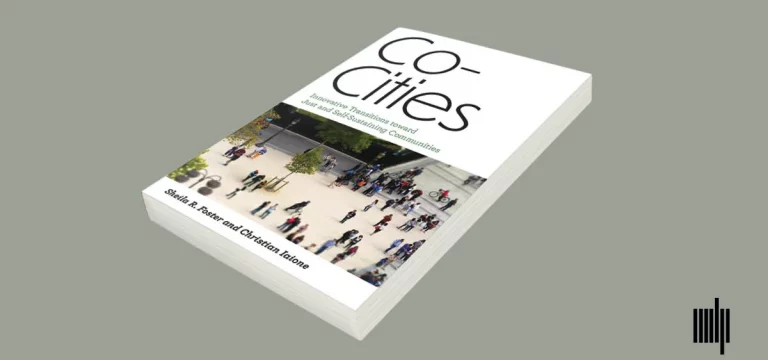
A new model of urban governance, mapping the route to a more equitable management of a city’s infrastructure and services.
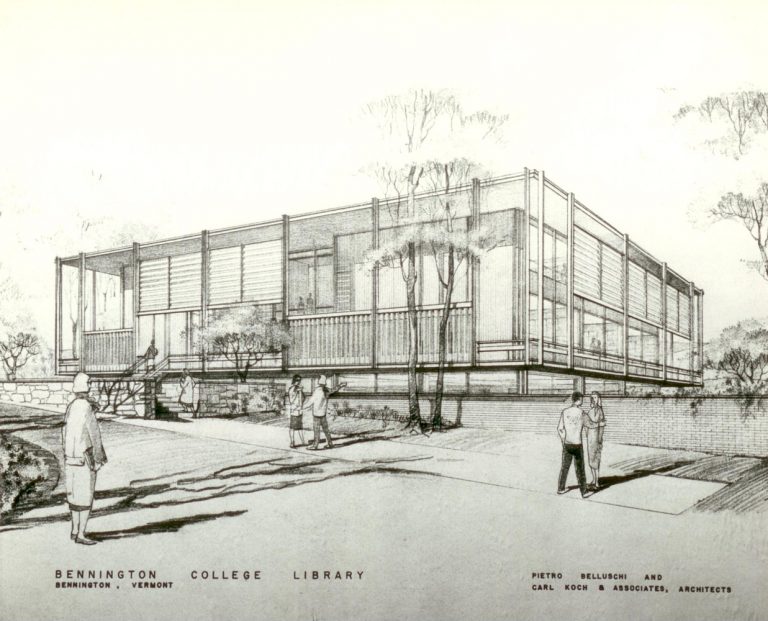
Approaching architectural design with a UX designer’s mindset ensures a more holistic approach to designing the experience of using a building. From the outset, a stronger understanding of the user enables human behavior to dictate the design to a greater degree.

This book explores the application of service design to urban commons, focusing on the Reggio Emilia Ducal Palace in Italy.
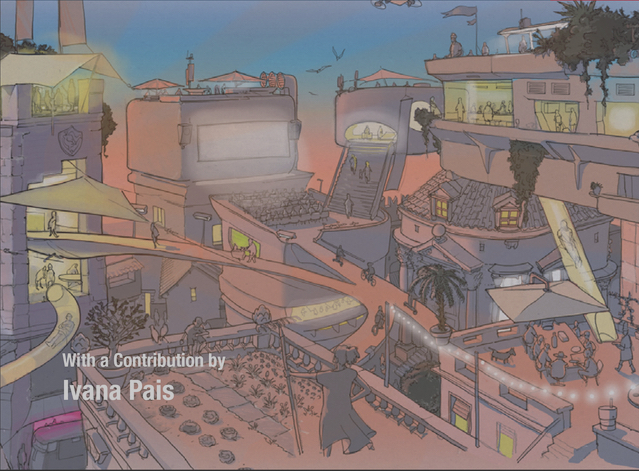
Ezio Manzini's ideas for the city that cares.
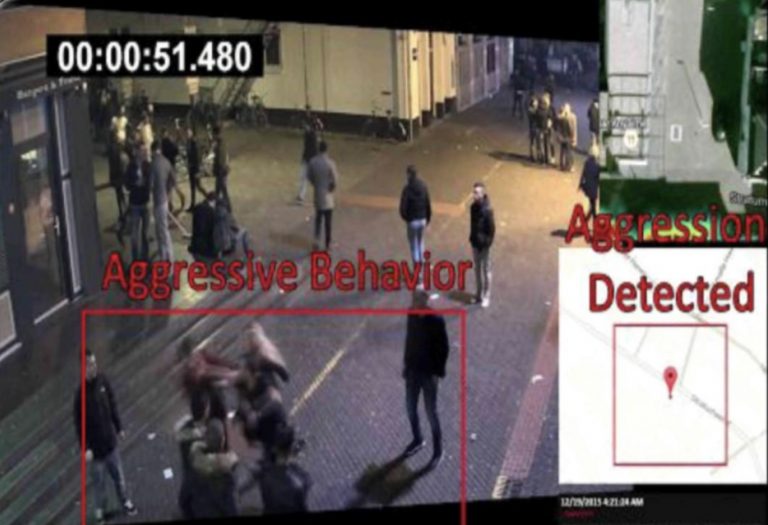
This article explore the promises of security that are embedded in the smart city technologies and algorithms and their potential implications for creating social inequality and discrimination, through an ethnographic study of the Living Lab Stratumseind, a popular nightlife street in Eindhoven.
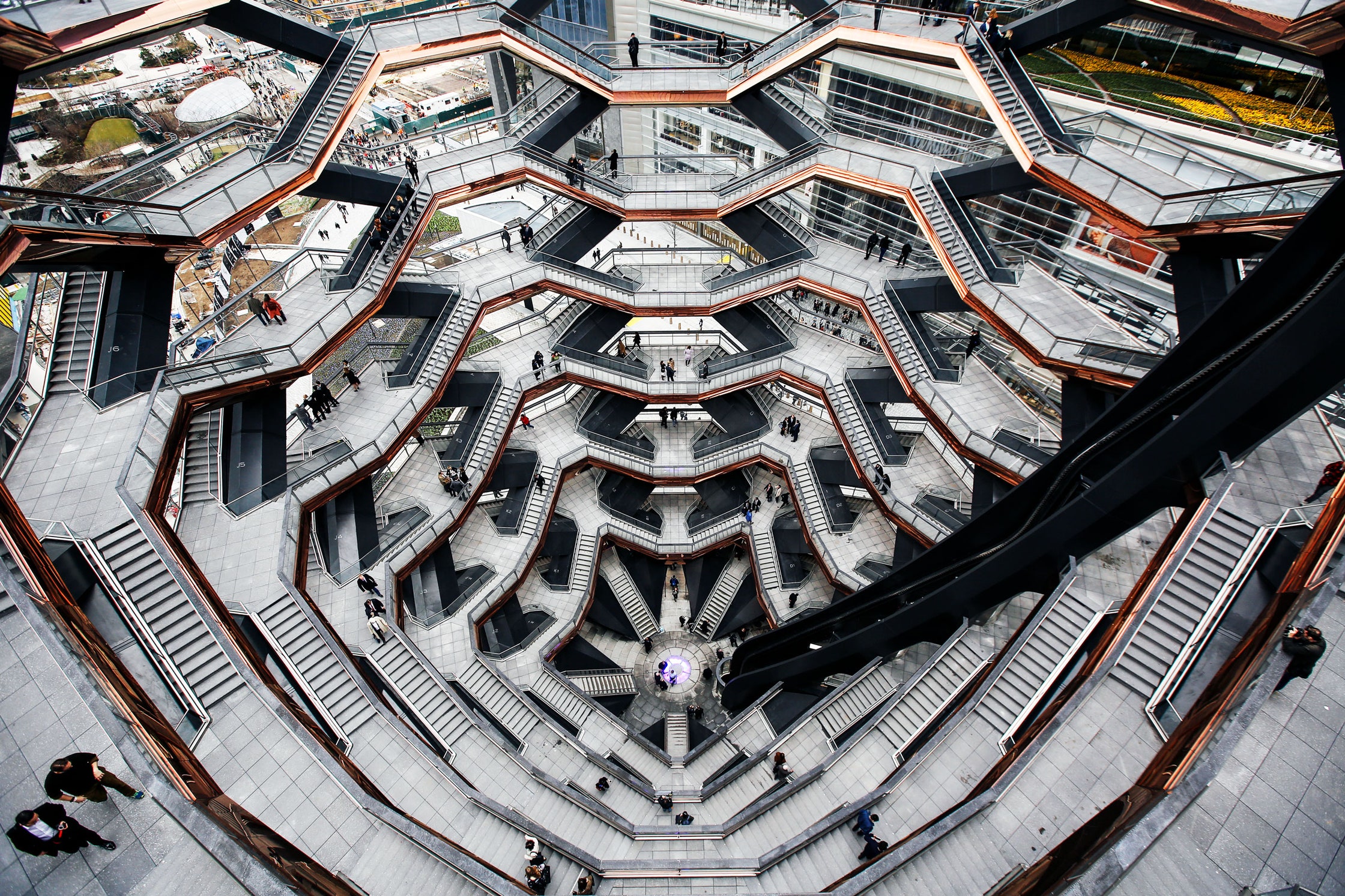
A bold reassessment of "smart cities" that reveals what is lost when we conceive of our urban spaces as computers.
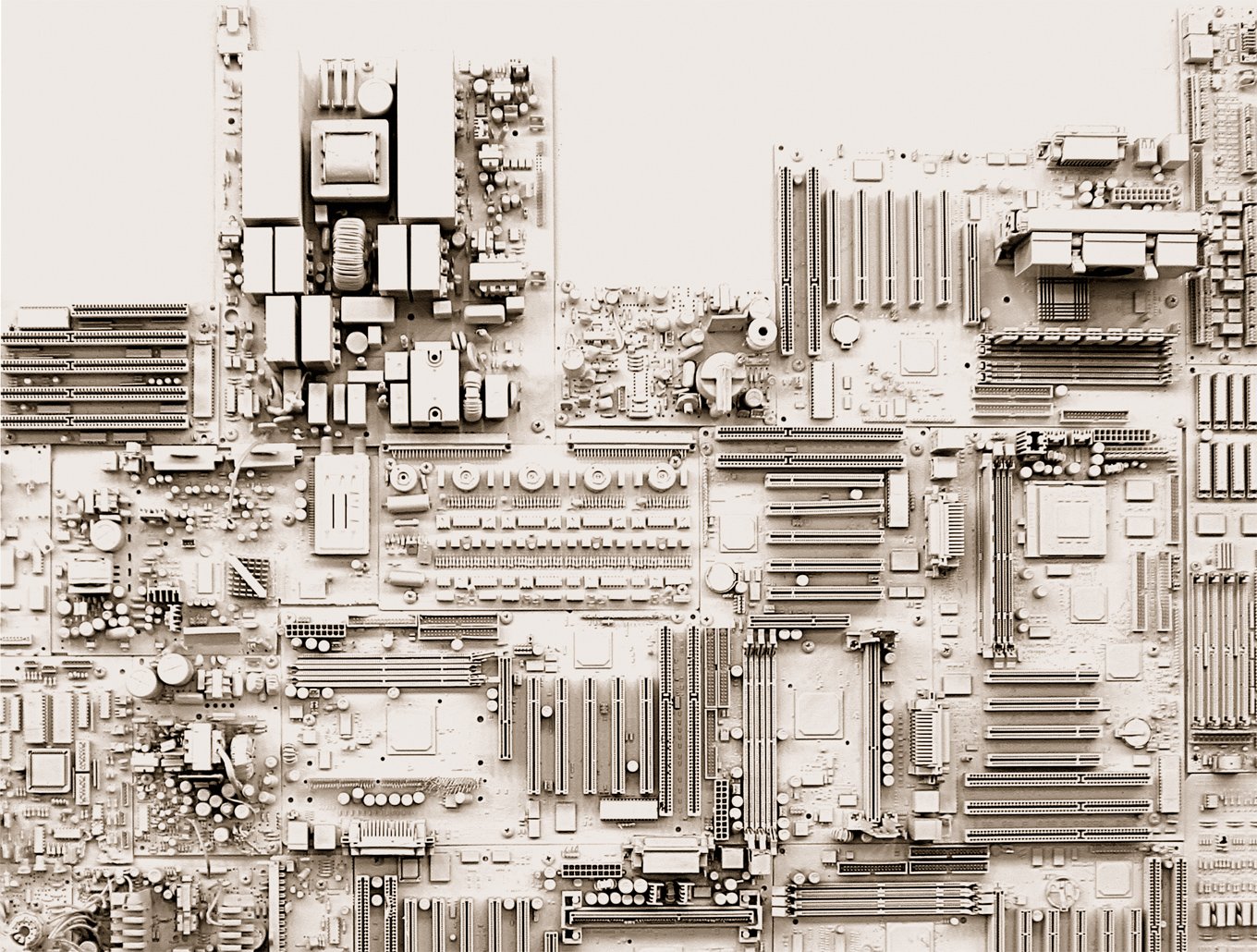
A bold reassessment of "smart cities" that reveals what is lost when we conceive of our urban spaces as computers

The COVID-19 pandemic is changing how we work, travel, communicate, shop and more, but which new habits are likely to stick permanently? The authors explore five key behavioural changes and their implications for risk and protection.
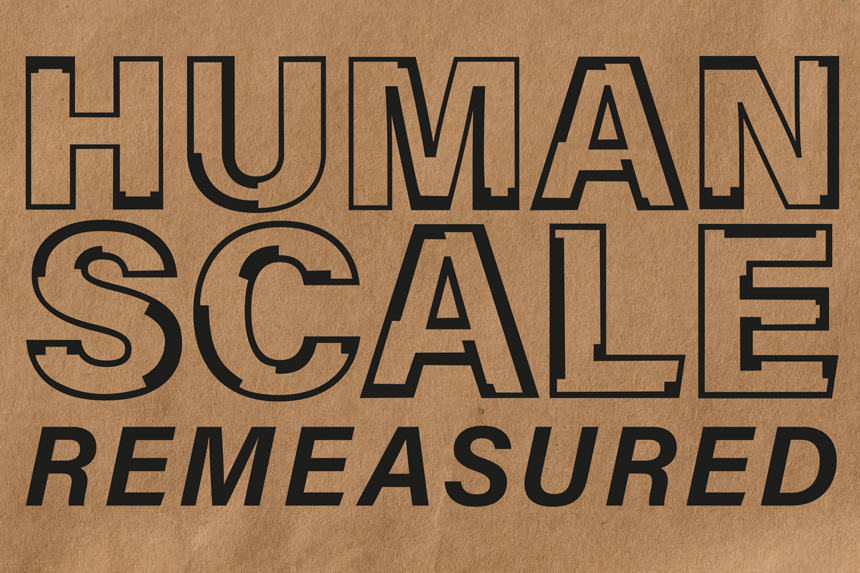
The exhibition, curated by ANCB The Aedes Metropolitan Laboratory, presents exemplary built projects and outstanding conceptual models by architects and planners from all over the world
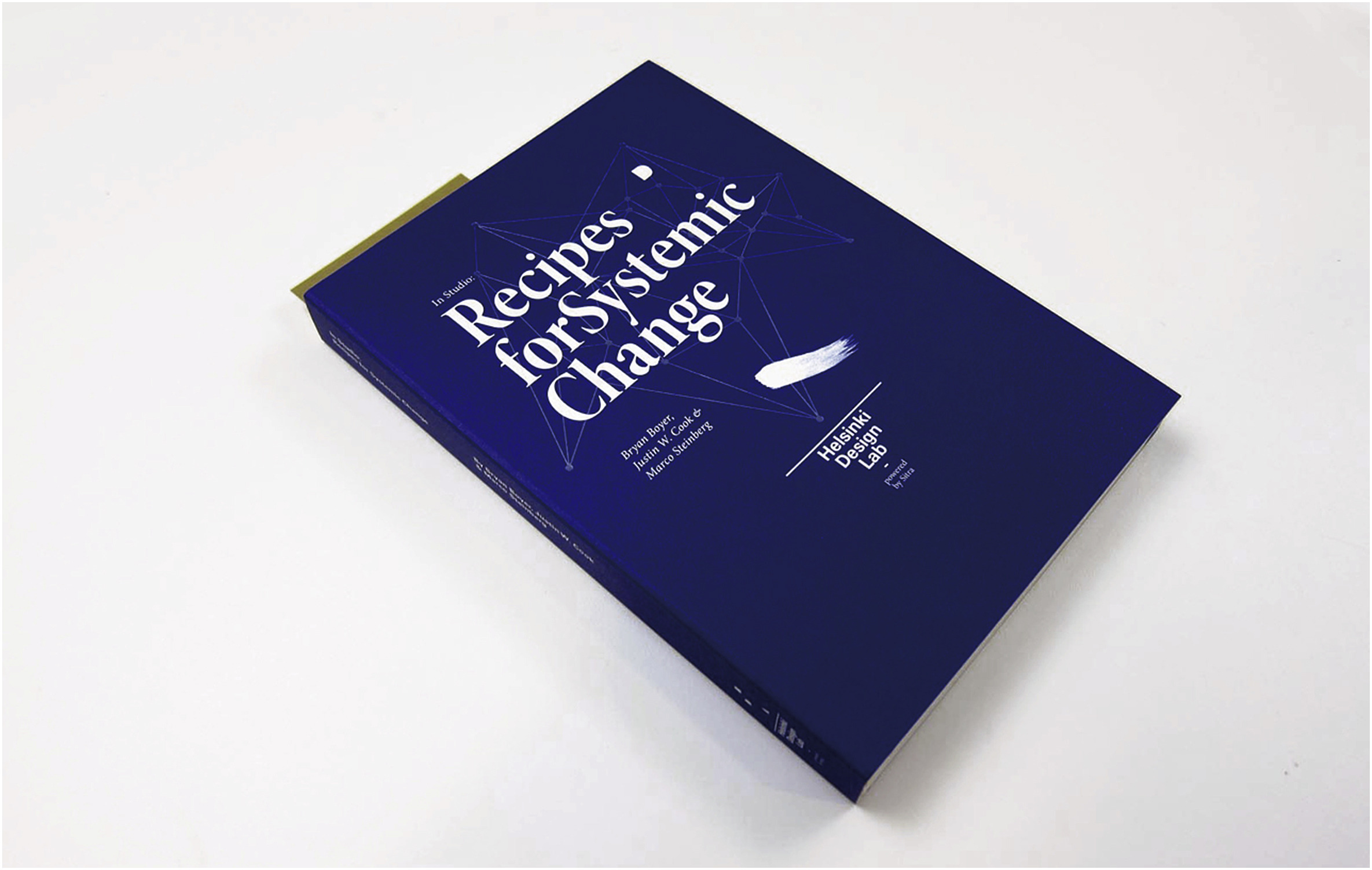
A survey of Helsinki Design Lab's activities 2008-2013, with reflections on the three "bets" that the Lab made and their relevance today.
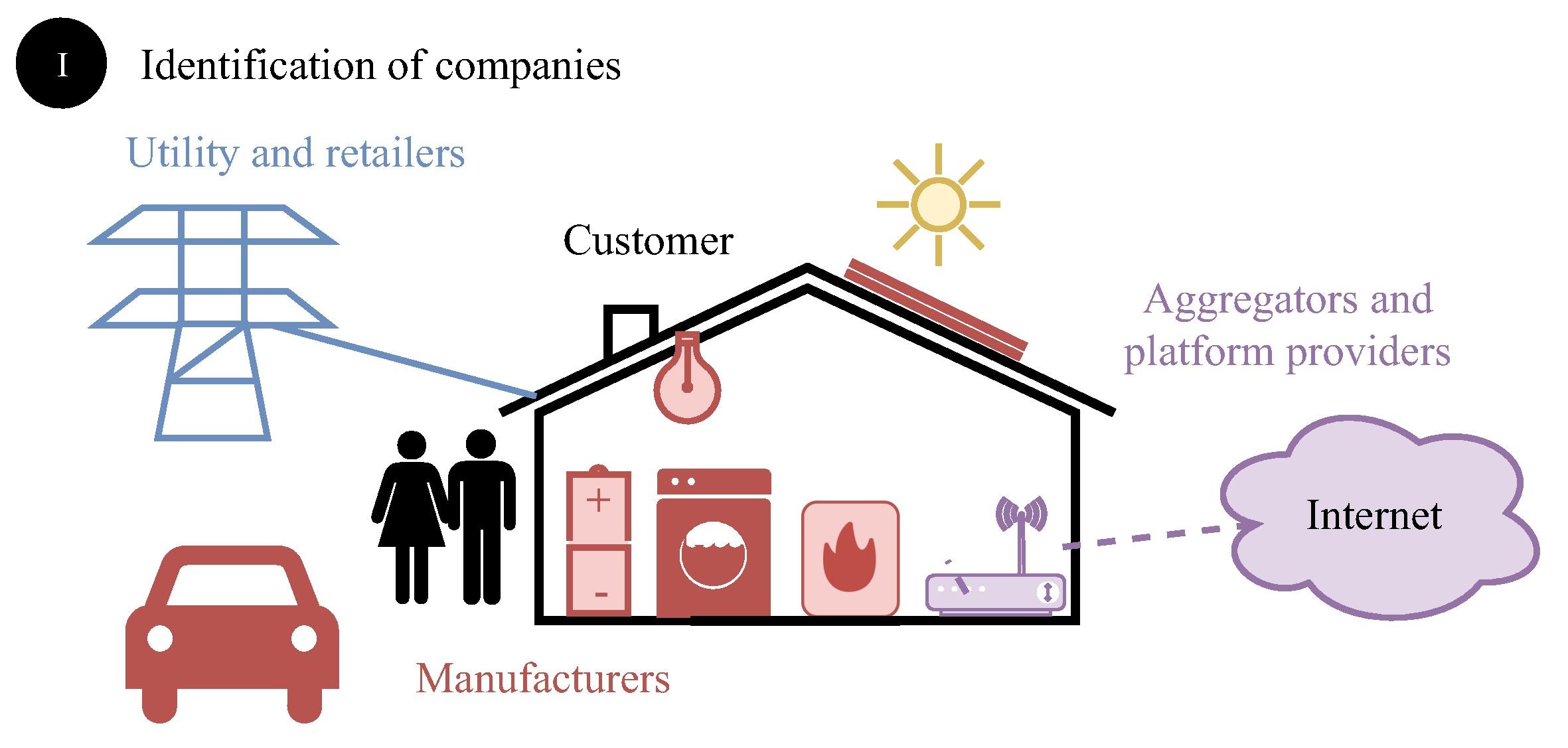
Designing energy services with a human-centered approach will allow us to rely on consumers not only as executors of changes in energy consumption, but also as providers of data.
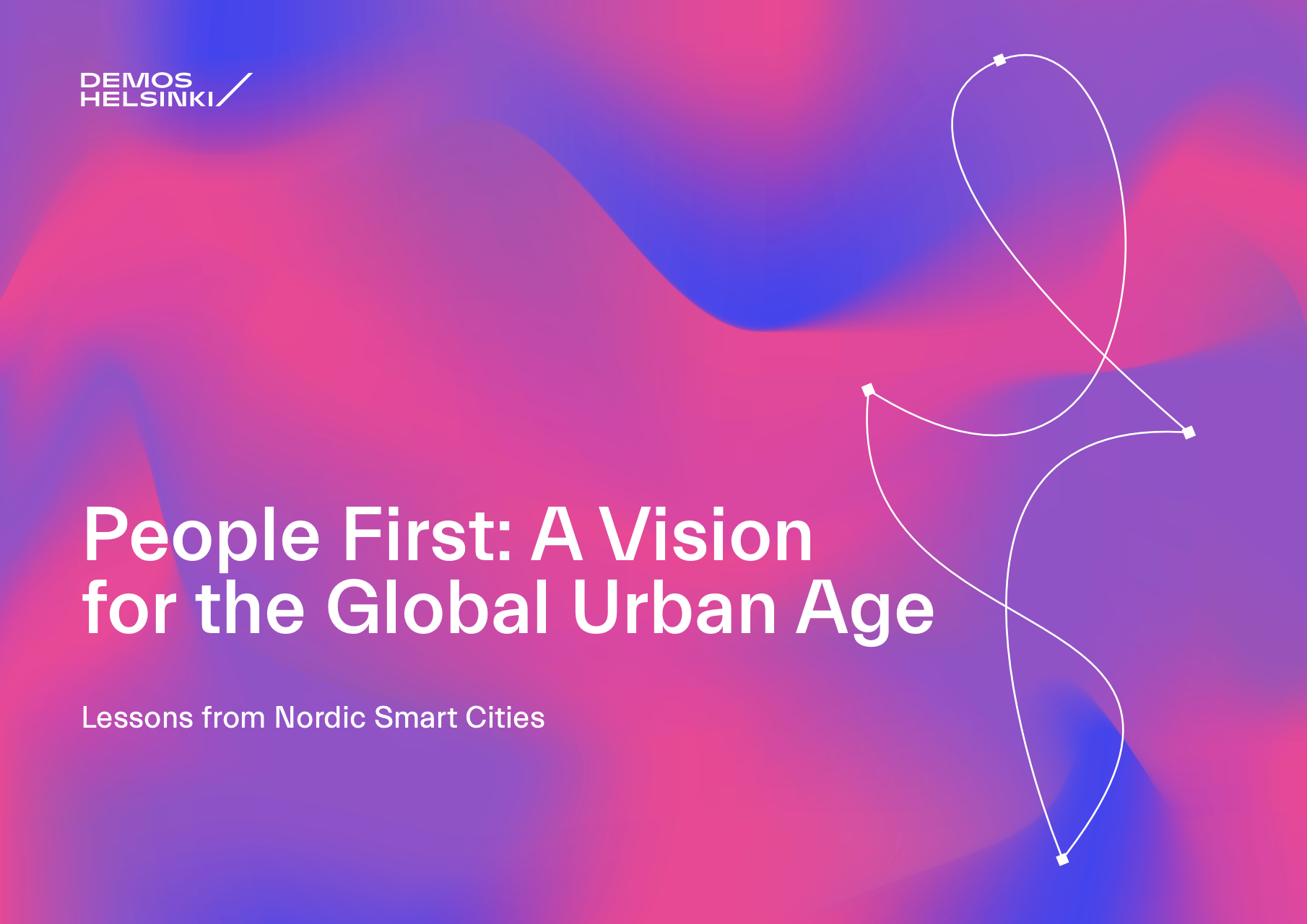
While it is argued that smart city development is at an impasse, we argue that it is at a crossroads. It is possible to simultaneously develop and adopt new technologies and strengthen people's rights. This has been proven in the Nordic cities and Barcelona. The People-first vision presented in this report shows how it is possible for all cities.

Fifth edition of features and articles on what may lie ahead.
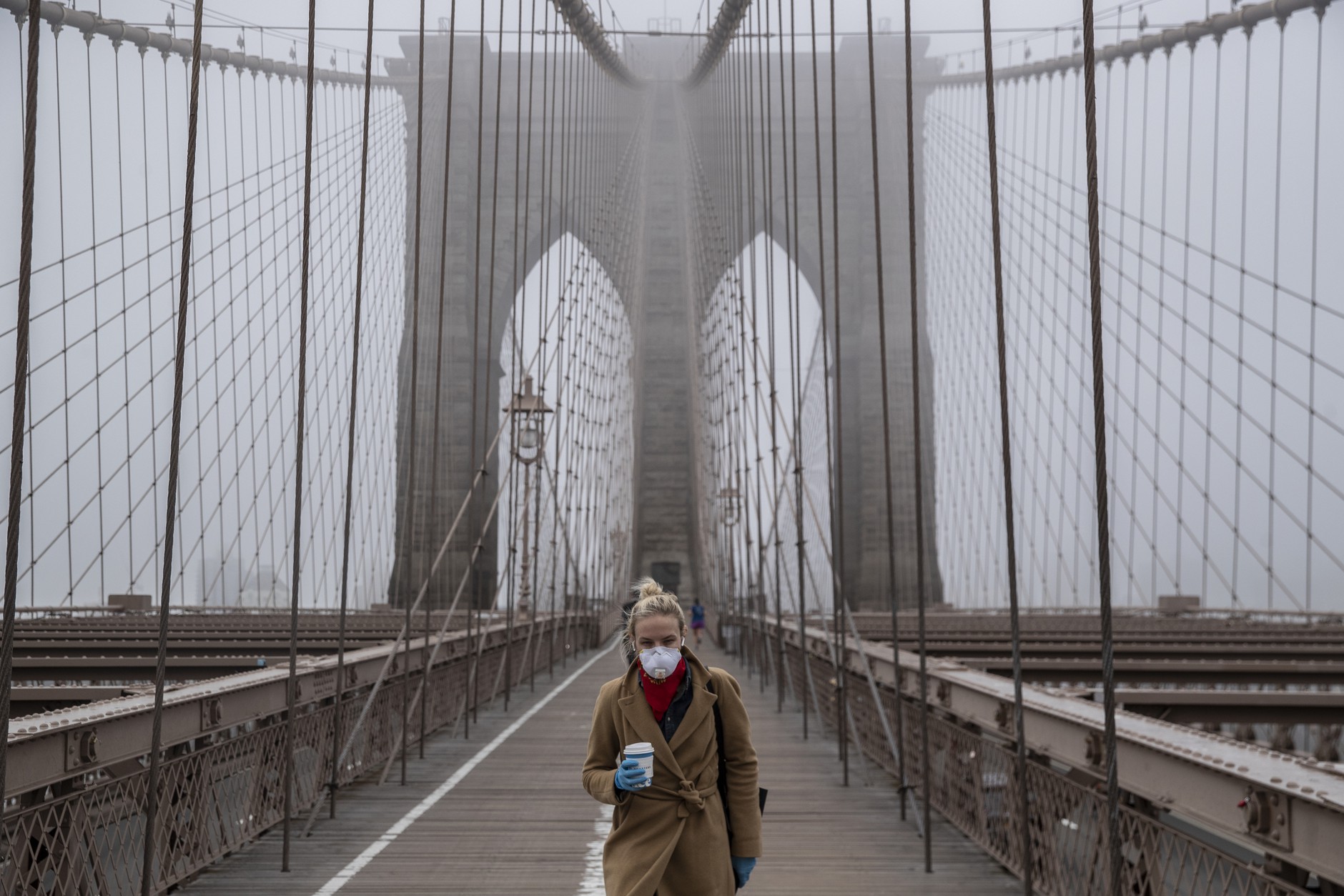
Fourth (and particularly rich) edition of features and articles on what may lie ahead.
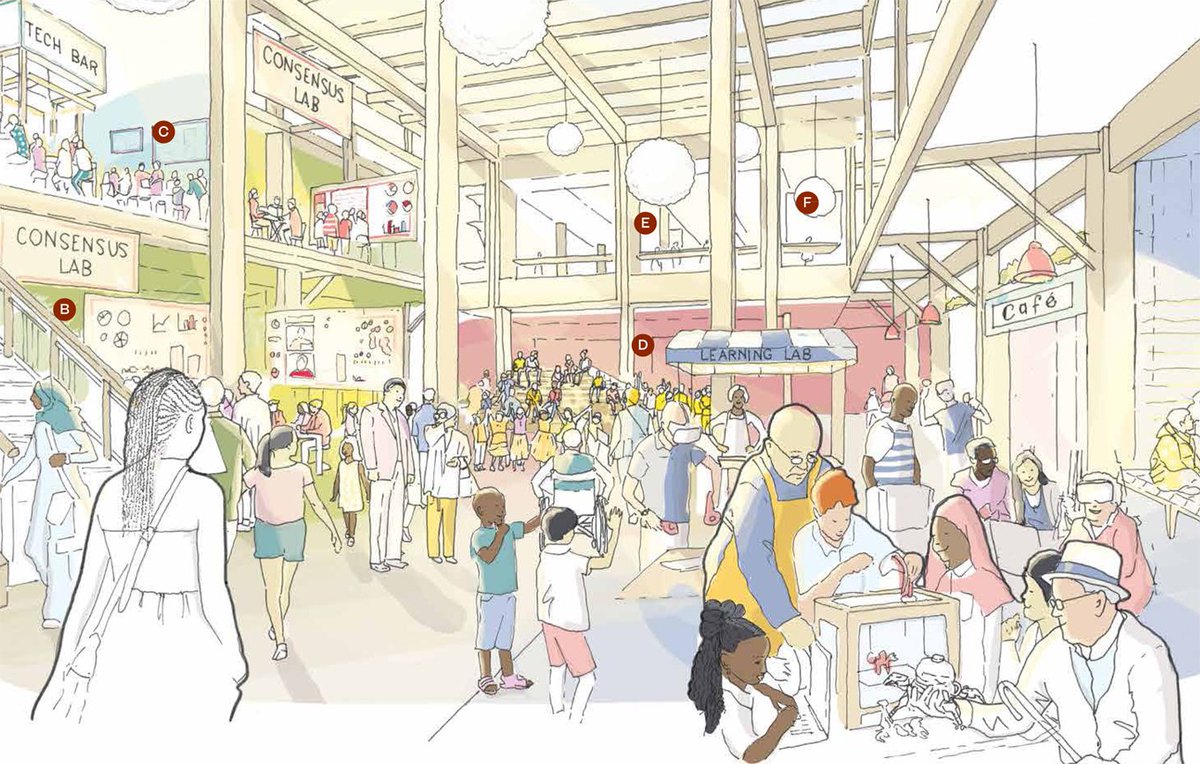
A visit to the smart-city-in-progress at Sidewalk Toronto prompts questions about what it means to "participate" in civic design.

Presentation event on 14 February in Torino of the European project that aims to improve the liveability of the areas around the river Dora
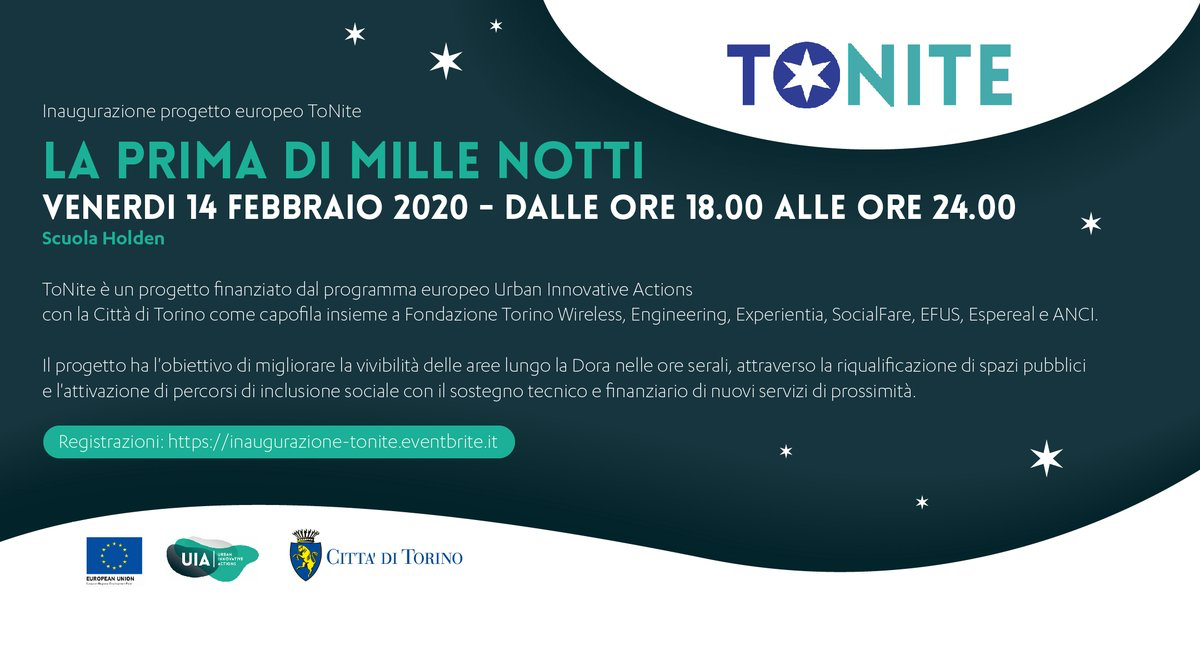
Evento di presentazione del progetto europeo che intende migliorare la vivibilità delle aree attorno al fiume Dora




















